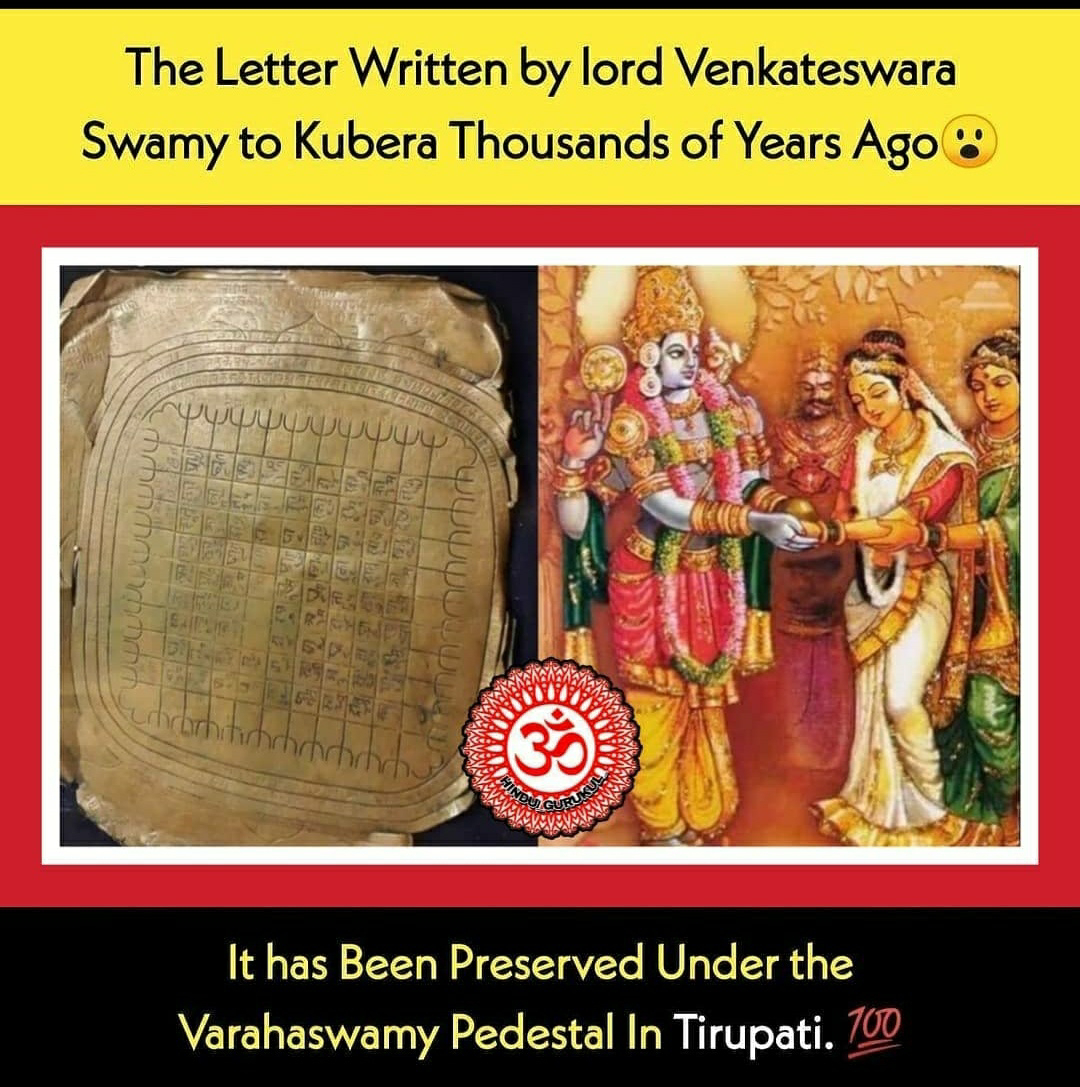HINDU
Hindu
Hindu ( pronunciation (help·info)) refers to an identity associated with the philosophical, religious and cultural systems that are indigenous to the Indian subcontinent. As used in the Constitution of India, the word "Hindu" is attributed to all persons professing anyIndian religion (i.e. Hinduism, Jainism, Buddhism or Sikhism).[1] In common use today, it refers to an adherent of Hinduism.
pronunciation (help·info)) refers to an identity associated with the philosophical, religious and cultural systems that are indigenous to the Indian subcontinent. As used in the Constitution of India, the word "Hindu" is attributed to all persons professing anyIndian religion (i.e. Hinduism, Jainism, Buddhism or Sikhism).[1] In common use today, it refers to an adherent of Hinduism.
The word Hindu is derived (through Persian) from the Sanskrit word Sindhu, the historic local name for the Indus River in the northwestern part of the Indian subcontinent (modern day Pakistan and Northern India).[2][a] According to Gavin Flood, "The actual term Hindu first occurs as a Persian geographical term for the people who lived beyond the river Indus (Sanskrit: Sindhu)".[2] The term Hindu then was a geographical term and did not refer to a religion.[b]
The term Hindu was later used occasionally in some Sanskrit texts such as the later Rajataranginis of Kashmir (Hinduka, c. 1450) and some 16th- to 18th-century Bengali Gaudiya Vaishnava texts including Chaitanya Charitamrita and Chaitanya Bhagavata. It was usually used to contrast Hindus with Yavanas or Mlecchas.[6] It was only towards the end of the 18th century that European merchants and colonists began to refer to the followers of Indian religions collectively as Hindus. The term Hinduism was introduced into the English language in the 19th century to denote the religious, philosophical, and cultural traditions native to India.
With more than a billion adherents, Hinduism is the world's third largest religion. The vast majority of Hindus, approximately 940 million, live in India.[7] Other countries with large Hindu populations include Nepal, Bangladesh, Sri Lanka, Mauritius, Suriname,Guyana, Trinidad & Tobago, United States, Fiji, United Kingdom, Singapore, Canada and the island of Bali in Indonesia.
| Part of a series on |
| Hinduism |
|---|
 |
|
Etymology
Further information: Names of India
In origin, Hinduš was Old Persian name of the Indus River, cognate with Sanskrit word Sindhu. By about 2nd - 1st century BCE, the term "Hein-tu" was used by Chinese, for referring to North Indian people.[8][9] The Persian term was loaned into Arabic as al-Hind referring to the land of the people who live across river Indus, and into Greek as Indos, whence ultimately English India.[10]
History
Further information: History of Hinduism
The notion of grouping the indigenous religions of India under a single umbrella term Hindu emerges as a result of various invasions in India bringing forth non-indigenous religions such as Islam to the Indian Subcontinent[11] Numerous Muslim invaders, such as Nader Shah, Mahmud of Ghazni, Ahmad Shāh Abdālī, Muhammad Ghori, Babur andAurangzeb, destroyed Hindu temples and persecuted Hindus; some, such as Akbar, were more tolerant. Hinduism underwent profound changes, in large part due to the influence of the prominent teachers Ramanuja, Madhva and Chaitanya.[11] Followers of the Bhakti Movement moved away from the abstract concept of Brahman, which the philosopher Adi Shankara consolidated a few centuries before, with emotional, passionate devotion towards what they believed as the more accessible Avatars, especially Krishna and Rama.[12]
Indology as an academic discipline of studying Indian culture from a European perspective was established in the 18th century by Sir William Jones and 19th century, by scholars such as Max Müller and John Woodroffe. They brought Vedic, Puranic and Tantric literature and philosophy to Europe and the United States. At the same time, societies such as the Brahmo Samaj and the Theosophical Societyattempted to reconcile and fuse Abrahamic and Dharmic philosophies, endeavouring to institute societal reform. This period saw the emergence of movements which, while highly innovative, were rooted in indigenous tradition. They were based on the personalities and teachings of individuals, as with Ramakrishna and Ramana Maharshi. Prominent Hindu philosophers, including Aurobindo and Prabhupada(founder of ISKCON), translated, reformulated and presented Hinduism's foundational texts for contemporary audiences in new iterations, attracting followers and attention in India and abroad.
Others, such as Swami Vivekananda, Ramakrishna, Paramahansa Yogananda, Sri Chinmoy,B.K.S. Iyengar and Swami Rama, have also been instrumental in raising the profiles of Yoga andVedanta in the West. Today modern movements, such as ISKCON and the Swaminarayan Faith, attract a large amount of followers across the world.[14]
Definition
The diverse set of religious beliefs, traditions and philosophies of the Hindus are the product of an amalgamation process that began with the decline of Buddhism in India (5th-8th Century), where traditions of Vedic Brahmanism and the mystical schools of Vedanta were combined with Shramana traditions and regional cults to give rise to the socio-religious and cultural sphere later described as "Hinduism".
Adi Shankara's commentaries on the Upanishads led to the rise of Advaita Vedanta, the most influential sub-school of Vedanta. Hinduism continues to be divided in numerous sects and denominations, of which Vaishnavism and Shaivism are by far the most popular.[17] Other aspects include folk and conservative Vedic Hinduism. Since the 18th century, Hinduism has accommodated a host of new religious andreform movements, with Arya Samaj being one of the most notable Hindu revivalist organizations.
Due to the wide diversity in the beliefs, practices and traditions encompassed by Hinduism, there is no universally accepted definition on who a Hindu is, or even agreement on whether the term Hinduism represents a religious, cultural or socio-political entity. In 1995, Chief Justice P. B. Gajendragadkar was quoted in an Indian Supreme Court ruling:[18][19]
- When we think of the Hindu religion, unlike other religions in the world, the Hindu religion does not claim any one prophet; it does not worship any one god; it does not subscribe to any one dogma; it does not believe in any one philosophic concept; it does not follow any one set of religious rites or performances; in fact, it does not appear to satisfy the narrow traditional features of any religion or creed. It may broadly be described as a way of life and nothing more.
Thus some scholars argue that the Hinduism is not a religion per se but rather a reification of a diverse set of traditions and practices by scholars who constituted a unified system and arbitrarily labeled it Hinduism.[20] The usage may also have been necessitated by the desire to distinguish between "Hindus" and followers of other religions during the periodic census undertaken by the colonial British government in India. Other scholars, while seeing Hinduism as a 19th-century construct, view Hinduism as a response to British colonialism by Indian nationalists who forged a unified tradition centered on oral and written Sanskrit texts adopted as scriptures.[21]
While Hinduism contains both "uniting and dispersing tendencies", it also has a common central thread of philosophical concepts (includingdharma, moksha and samsara), practices (puja, bhakti etc.) and cultural traditions.[22] These common elements originated (or were codified within) the Vedic, Upanishad and Puranic scriptures and epics. Thus a Hindu could :
- follow any of the Hindu schools of philosophy, such as Advaita (non-dualism), Vishishtadvaita (non-dualism of the qualified whole), Dvaita (dualism), Dvaitadvaita (dualism with non-dualism), etc.[23][24]
- follow a tradition centered on any particular form of the Divine, such as Shaivism, Vaishnavism, Shaktism, etc.[25]
- practice any one of the various forms of yoga systems; including bhakti (Hindu devotional movements) in order to achieve moksha.
The Republic of India is in the peculiar situation that the Supreme Court of India has repeatedly been called upon to define "Hinduism" because the Constitution of India, while it prohibits "discrimination of any citizen" on grounds of religion in article 15, article 30 foresees special rights for "All minorities, whether based on religion or language". As a consequence, religious groups have an interest in being recognized as distinct from the Hindu majority in order to qualify as a "religious minority". Thus, the Supreme Court was forced to consider the question whether Jainism is part of Hinduism in 2005 and 2006. In the 2006 verdict, the Supreme Court found that the "Jain Religion is indisputably not a part of the Hindu Religion".[26]
In 1995, while considering the question "who are Hindus and what are the broad features of Hindu religion", the Supreme Court of Indiahighlighted Bal Gangadhar Tilak's formulation of seven defining features of Hinduism:[18][27]
- Acceptance of the Vedas with reverence as the highest authority in religious and philosophic matter and acceptance with reverence of Vedas by Hindu thinkers and philosophers as the sole foundation of Hindu philosophy.
- Spirit of tolerance and willingness to understand and appreciate the opponent's point of view based on the realisation that truth was many-sided.
- Acceptance of great world rhythm, vast period of creation, maintenance and dissolution follow each other in endless succession, by all six systems of Hindu philosophy.
- Acceptance by all systems of Hindu philosophy the belief in rebirth and pre-existence.
- Recognition of the fact that the means or ways to salvation are many.
- Realisation of the truth that Gods to be worshipped may be large, yet there being Hindus who do not believe in the worshipping of idols.
- Unlike other religions or religious creeds Hindu religion not being tied-down to any definite set of philosophic concepts, as such.
Some thinkers have attempted to distinguish between the concept of Hinduism as a religion, and a Hindu as a member of a nationalist or socio-political class. In Hindu nationalism, the term "Hindu" combines notions of geographical unity, common culture and common race. Thus, Veer Savarkar in his influential pamphlet "Hindutva: Who is a Hindu?" defined a Hindu as a person who sees India "as his Fatherland as well as his Holy land, that is, the cradle land of his religion".[28] This conceptualization of Hinduism, has led to establishment of Hindutva as the dominant force in Hindu nationalism over the last century.[29]
Ethnic and cultural fabric
Hinduism, its religious doctrines, traditions and observances are very typical and inextricably linked to the culture and demographics of India. Hinduism has one of the most ethnically diverse bodies of adherents in the world. It is hard to classify Hinduism as a religion because the framework, symbols, leaders and books of reference that make up a typical religion are not uniquely identified in the case of Hinduism. Hinduism being the oldest Religion of the world, it is not clearly known of when exactly it originated and some estimates put it as around 5000 years old[30] . Most commonly it can be seen as a "way of life" which gives rise to many other forms of religions.
Large tribes and communities indigenous to India are closely linked to the synthesis and formation of Hindu civilization. People of East Asianroots living in the states of north eastern India and Nepal were also a part of the earliest Hindu civilization. Immigration and settlement of people from Central Asia and people of Indo-Greek heritage have brought their own influence on Hindu society.
The roots of Hinduism in southern India, and among tribal and indigenous communities is just as ancient and fundamentally contributive to the foundations of the religious and philosophical system.
Ancient Hindu kingdoms arose and spread the religion and traditions across Southeast Asia, particularly Thailand, Nepal, Burma, Malaysia,Indonesia, Cambodia, Laos, Philippines, and what is now central Vietnam. A form of Hinduism particularly different from Indian roots and traditions is practiced in Bali, Indonesia, where Hindus form 90% of the population.[citation needed] Indian migrants have taken Hinduism and Hindu culture to South Africa, Fiji, Mauritius and other countries in and around the Indian Ocean, and in the nations of the West Indies and theCaribbean.[citation needed]










Comments
Post a Comment